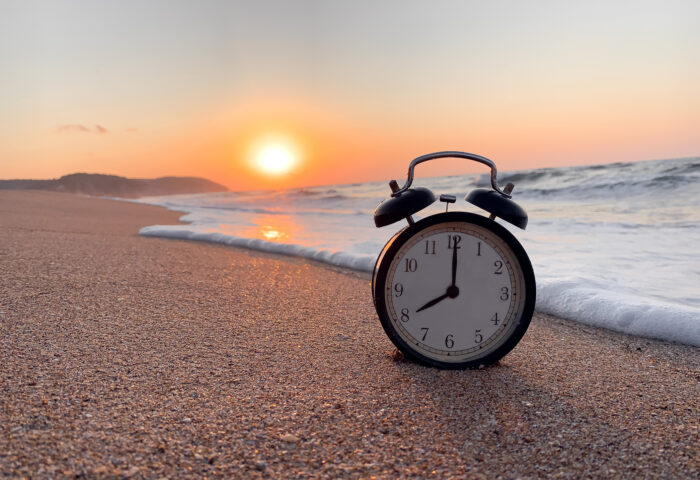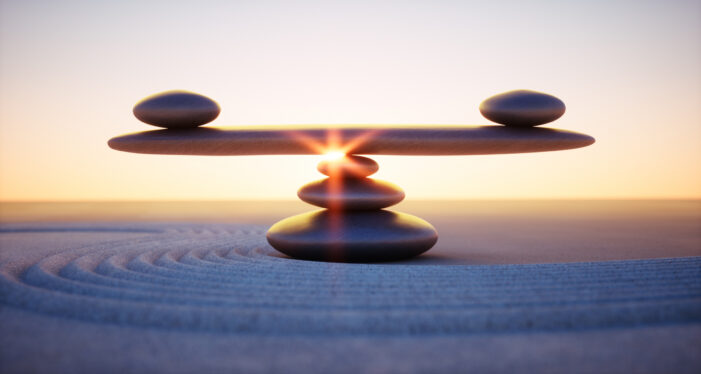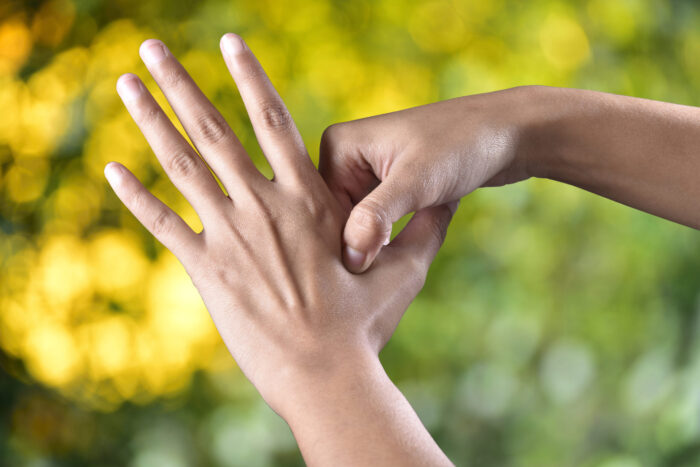
What are you ready to let go this fall?
Fall is a beautiful time of year, and a great time to release what no longer serves you. The weather shifts, giving a break from the summer heat. Cool breezes gently loosen leaves from the trees. The leaves start to change color, in beautiful shades of gold, orange, and red. Then, the leaves start to fall.
This is the time of year when many people start feeling a little sad, or even a little stuck or unfocused. This can result in depressed feelings or digestive issues, for example. In Chinese medicine, our organs are associated with phases or elements. In the fall, the metal element is dominant, and the associated organs are the lungs and the large intestine. Feelings of sadness and needing to let go are right in line with the energetic shift of the changing seasons.
Alignment with the seasons and phases
People are often fascinated to hear about how their organs are associated with the different seasons and how this relates to symptoms they experience in their bodies.
In Chinese Medicine, there are five phases of transformation: wood, fire, earth, metal and water. While in Traditional Chinese Medicine these are called elements, Classical Chinese Medicine refers to them as phases because they develop and change into one another. The five phases or elements correspond to the seasons spring, summer, fall, and winter. Chinese medicine further divides summer into two parts: summer and late summer. Late summer refers to the transformation between the warmer summer weather and cool fall weather. The seasons and phases (or elements) are associated as follows:
- Spring: Wood. This is when nature starts stirring from winter’s dormancy. Trees and plants blossom. New branches grow out of old wood, and new growth begins.
- Summer: Fire. This is the time of warmth and activity. Nature is moving actively, and as a result is growing and flourishing.
- Late summer: Earth. This is the time of harvest. It is also is the pause between the rising of the warming and active phases of wood and fire and the declining and cooler phases of fall and winter.
- Fall: Metal. This is when nature lets go of what is not needed. Leaves fall from the trees. The compost from dead leaves enriches the soil so it can prepare for the next cycle of growth in the spring.
- Winter: Water. This is a time of rest. Animals hibernate, the days are shorter, and nature gets still and goes within to build up reserves.
How the fall season influences the lungs and large intestine
As I shared earlier, the lungs and large intestines represent the metal element and fall. Just as the trees let go of their leaves in the fall, this is the perfect time to let go of what we no longer need. When we hold on to grief rather than letting it move through us, we can feel depressed and sad. When our large intestine does not let go of waste the body does not need, we can feel bloated and uncomfortable. Additionally, we can feel foggy and unfocused when our lung and large intestine energy are weak. The metal energy is not strong enough to cut through to reveal what’s really important.
In Chinese Medicine, the skin belongs to the metal element. This is a time of year where people frequently experience dry, itchy, skin. There can also be an increase in acne and rashes, among other skin conditions. A dry, itchy condition can indicate an energetic deficiency. On the other hand, a hot and red condition can indicate excessive energy.
Help your lungs and large intestine release what no longer serves you
Every individual is unique, and no two people will experience the same symptoms for exactly the same reason. When I see a new patient, I make the time to ask a lot of questions and review their health history. This allows me to determine what is going on with their energy. For example, it is important to determine whether their energy is getting stuck or is deficient. I develop a customized treatment to address their specific needs and restore the balance of energy. This might involve acupuncture needles, ear seeds, qigong exercises, and diet and lifestyle advice.
What are you ready to release this fall? Want to talk about how acupuncture and Chinese medicine can help you let go of what no longer serves you? I’d love to hear from you. Reach out and email me through our website or call or text 910-622-4269.
About the Author
Ericca Burke is the owner of HAVEN Acupuncture & Chinese Medicine where she provides acupuncture and Chinese medicine treatments in Wilmington, NC. Click this link to read more about Ericca.
About HAVEN Acupuncture & Chinese Medicine in Wilmington, NC
HAVEN Acupuncture & Chinese Medicine is an acupuncture and Chinese medicine practice located in Wilmington, NC just minutes from beautiful Wrightsville Beach. Click this link for contact information and directions. Click this link for a listing and description of services offered.



